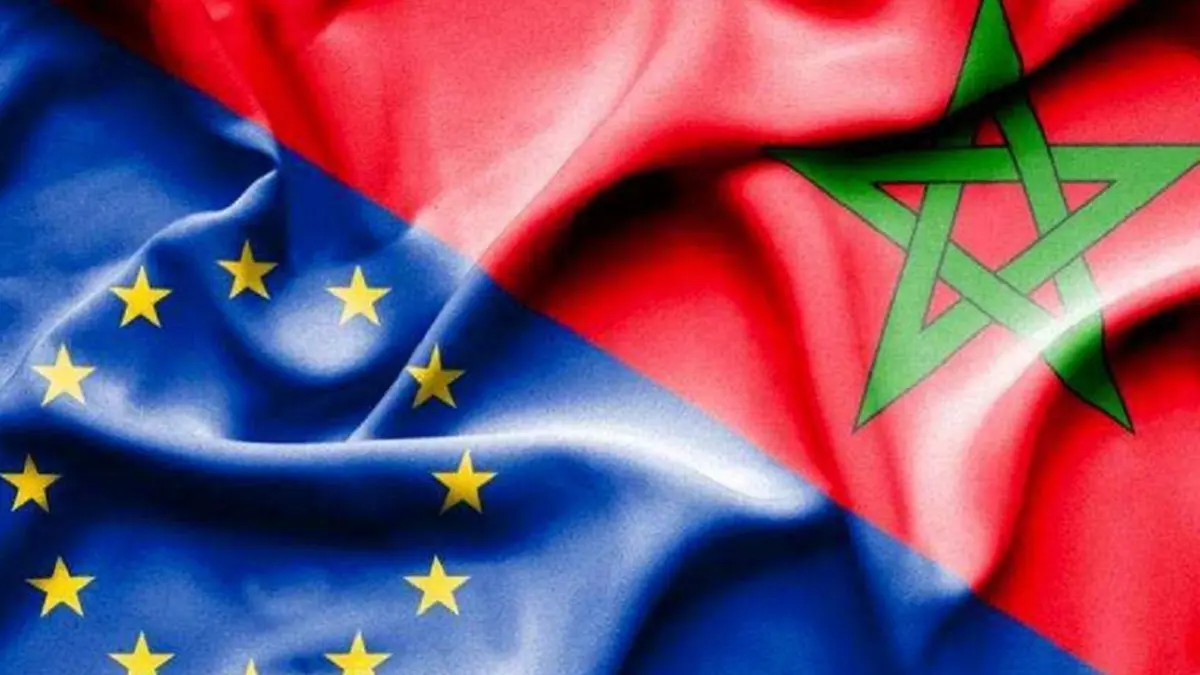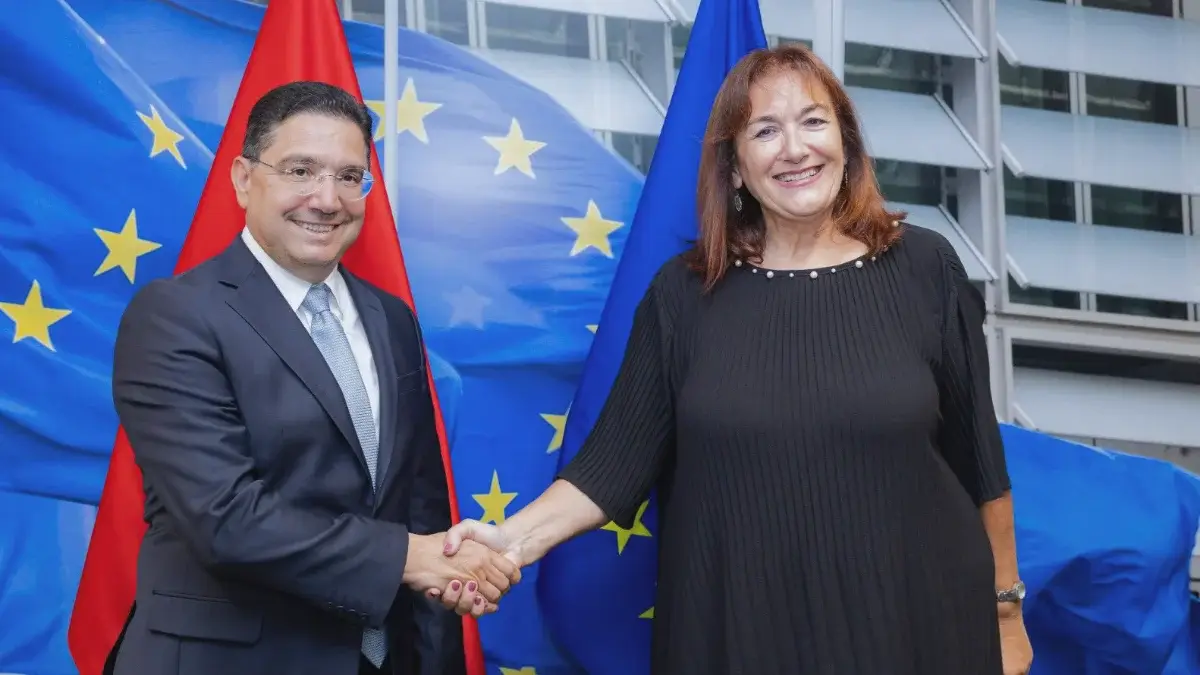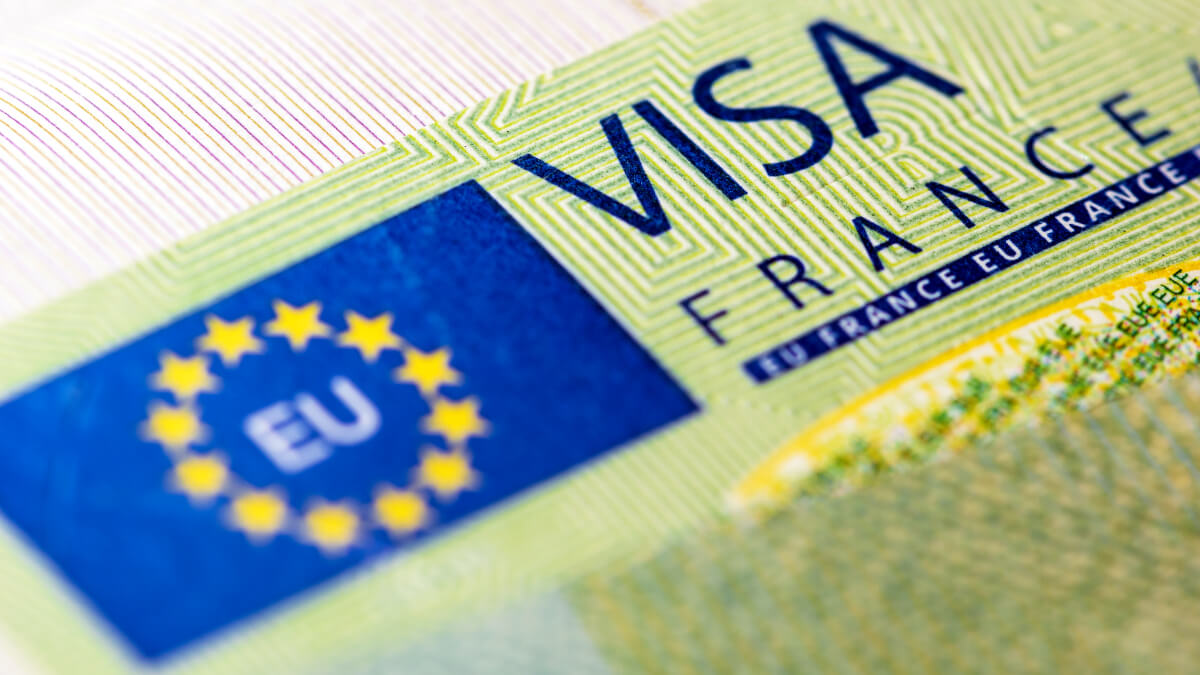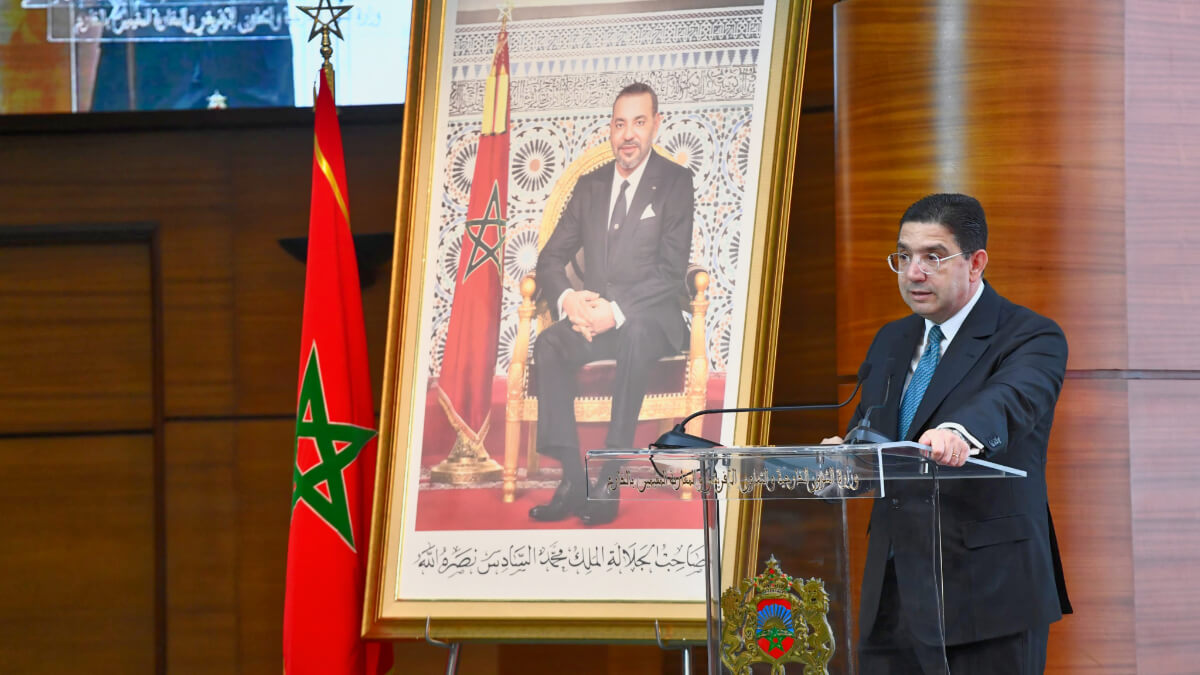The European Union granted more than 600,000 visas to Moroccans in 2024
Nasser Bourita highlights the improvement in relations with Europe and the role of France as the main issuer, with 284,000 visas granted to Moroccan citizens

The Minister of Foreign Affairs, African Cooperation and Moroccans Abroad, Nasser Bourita, announced that the European Union issued more than 606,000 visas to Moroccan citizens last year, with a rejection rate of less than 20% of applications submitted, which is considered average compared to other countries.
Bourita pointed out that relations with Europe are improving significantly in this area, as demonstrated by the data on the granting of visas to Moroccan citizens.

According to information provided by the minister in response to a written question from parliamentary adviser Khalid Setti on reciprocity in visa policies, ‘France alone granted around 284,000 visas in 2024, an increase of 17% over the previous year. This makes Morocco the country that has benefited most from French visas in the region, reflecting the political will shared by both sides to overcome the tensions and challenges that have historically affected their relations in this area’.
The Moroccan passport has risen to 67th place in the Henley Partners ranking for 2025, up from 71st the previous year. It now allows visa-free access to 73 countries.
Nasser Bourita also stated that ‘his ministry, during bilateral meetings with representatives of diplomatic missions and consular centres accredited in Morocco, which use delegated management companies to process visa applications, systematically addresses the current system, its dysfunctions and requests corrections to prevent any exploitation by certain intermediaries or illegal agents.’

He emphasised that ‘the Ministry strongly urges foreign embassies and consulates in Morocco to process visa applications within a reasonable time frame, while maintaining constant respect for Moroccan citizens and their dignity, especially in cases of urgent humanitarian applications, such as those related to medical care or education, which are often subject to strict deadlines.’
At the same time, the Minister of Foreign Affairs stressed that the issue of visas is a sovereign right of each country, which decides and organises according to its own vision and internal and external priorities.
In the same context, Bourita added: ‘Morocco's decision to impose or lift entry visas to its territory remains a sovereign decision, which is not based on whims or temporary reactions. It is based on three objective considerations: reciprocity, political and economic imperatives, and the context of bilateral relations with each nation.’

It was stated that ‘the way in which Morocco acts in this regard is based on a comprehensive strategy that seeks to balance interests, differentiating nations according to the type of collaboration, the history they share and the agreements they have signed. The implementation of modern electronic visa systems also represents this strategy, designed to increase the Kingdom's openness through the digitalisation of its services, without renouncing its national independence.’
Currently, the Moroccan passport ranks among the 70 strongest passports in the world, reflecting the trust and credibility that Morocco and its institutions enjoy globally.








